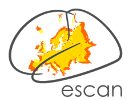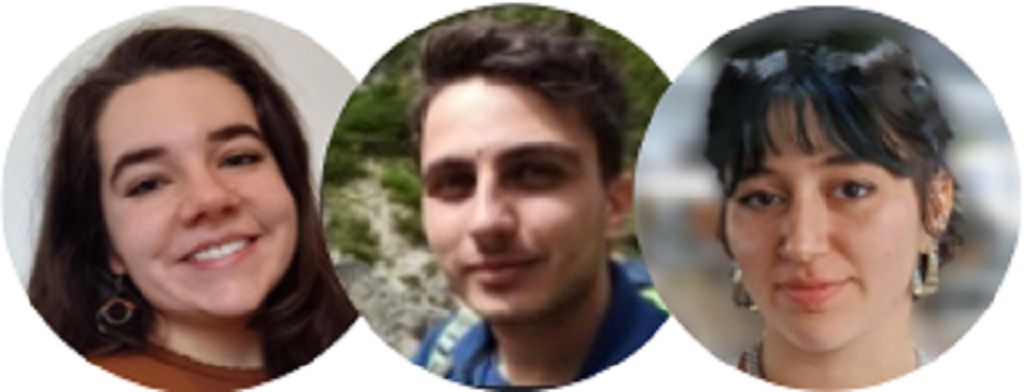
for Cognitive and
Affective Neuroscience
Other committees and networks
ESCAN is open to the inclusion of specialized committees and networks that have a distinct purpose and representation, such as the Junior Member Committee. These committees or networks will also have their own governance, mission and activities, ultimately serving as (1) a forum for certain member categories (e.g. early career researchers) to meet and exchange information and opportunities or (2) a network for certain members to connect towards achieving a specific goal, e.g. Education in Cognitive and Affective Neuroscience, embedding Open Science values or Equality, Diversity and Inclusion principles into Cognitive and Affective neuroscience. You need to be a member of ESCAN to form part of an ESCAN membership or network. You can find out more about each of the Committees and networks below.
ESCAN Junior Member Committee
The aim of this committee is to understand the needs of Junior members and to design targeted opportunities. The committee is a point of contact and work towards increasing Junior members’ engagement within the ESCAN.
Current Committee Members

-Evelyne Fraats is a PhD student exploring how we make moral decisions. Using EEG and neuromodulation, her research delves into empathy and agency, focusing on both civilian and military contexts. Evelyne is passionate about science communication, sharing her research journe on LinkedIn. She also writes for a popular science blog and organizes a Brain Olympiad for high school students.
-Giulio Piperno recently completed his PhD in Cognitive Social & Affective Neuroscience at Sapienza University and is currently a Post-Doctoral Researcher at AgliotiLab in Rome. His work focuses on the intersection of moral cognition, social behavior, and clinical psychology. Giulio's research investigates how moral cognition shapes human behavior, the neurophysiological changes linked to moral violations, and how these processes are affected in psychopathology.
-Lila De Pellegrin is a Master's student in neuropsychology at Lille University, with plans to pursue a PhD. Her interests span political neuroscience, psychiatry, and how stigma and stereotypes affect social cognition. Lila has contributed to labs across Montreal, Lille, and Marseille, exploring gender, sexual orientation, and cognitive functions, as well as the neuroanatomy of spontaneous conversation.
Your Committee here?
If you are interested in setting up a new Committee or network, please contact us here, outlining your reasons, the mission, likely governance and membership and activities: escan@escaneurosci.eu
Looking for past committee members? Click here to view our archives.
See also
Mission and Vision
The European Society for Cognitive and Affective Neuroscience aims to promote scientific enquiry within the field of human cognitive, affective and social neuroscience... Read more
Contact
Laura Crucianelli (Secretary) escan-at-escaneurosci.eu